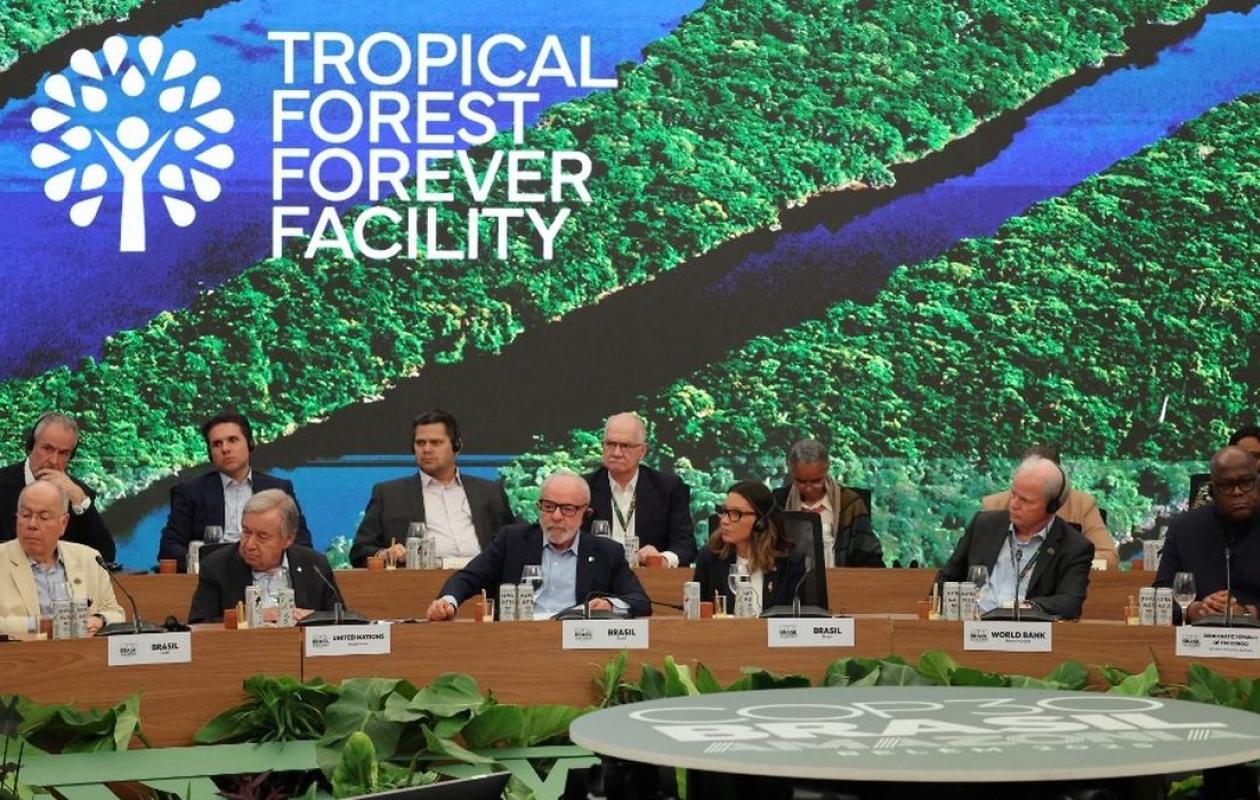
COP30 : Lula lance un mécanisme inédit pour rémunérer la préservation des forêts tropicales
On the eve of COP30, Brazilian President Luiz Inácio Lula da Silva launched the Tropical Forest Forever Facility (TFFF), a groundbreaking mechanism designed to reward countries that preserve their tropical forests. The initiative aims to make conservation a fully-fledged economic model, mobilizing $25 billion to generate annual revenue for forested nations. Presented as an alternative to traditional carbon credits, the TFFF seeks to place ecosystem protection at the heart of financial markets, creating a form of "green rent" for nations that choose not to deforest.
Behind this innovation, praised by several governments in the Global South, criticism is mounting. Experts are highlighting areas of uncertainty regarding the fund's governance, the use of collected resources, and the lack of clear safeguards against certain extractive policies. The fear is that this will lead to the excessive monetization of natural commons, transforming forests into financial assets rather than ecological heritage.
For its critics, the TFFF reflects the ambiguities of green finance, still dominated by profitability imperatives, risking the reproduction of North-South imbalances in a new form. However, its supporters see it as a political assertion by the Global South, eager to redefine the rules of the global climate game. By initiating this approach, Lula da Silva is putting the question of environmental justice back at the center of the debate, while outlining a new path toward the ecological and financial sovereignty of tropical countries.
Commentaires (0)
Participer à la Discussion
Règles de la communauté :
💡 Astuce : Utilisez des emojis depuis votre téléphone ou le module emoji ci-dessous. Cliquez sur GIF pour ajouter un GIF animé. Collez un lien X/Twitter ou TikTok pour l'afficher automatiquement.